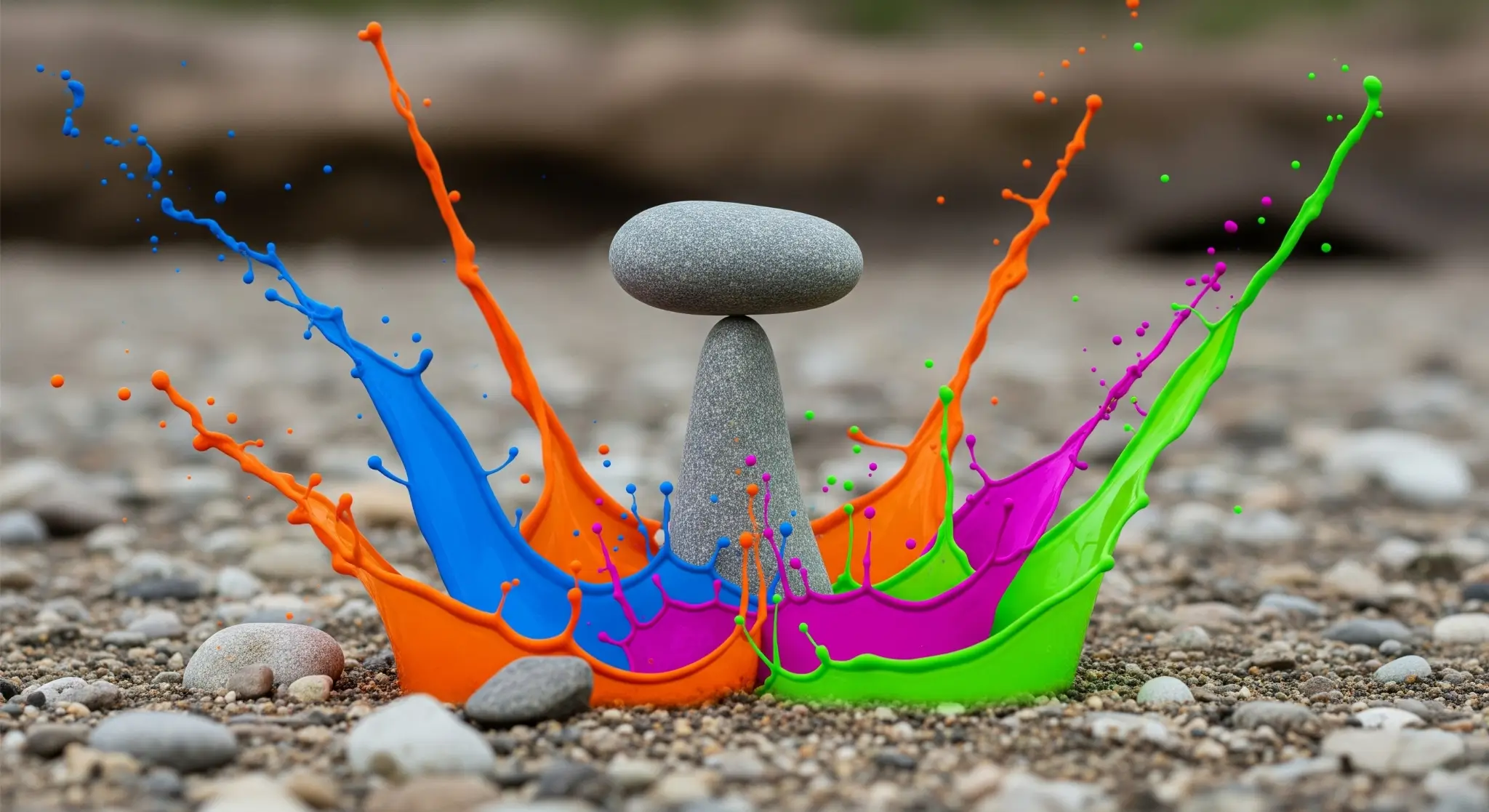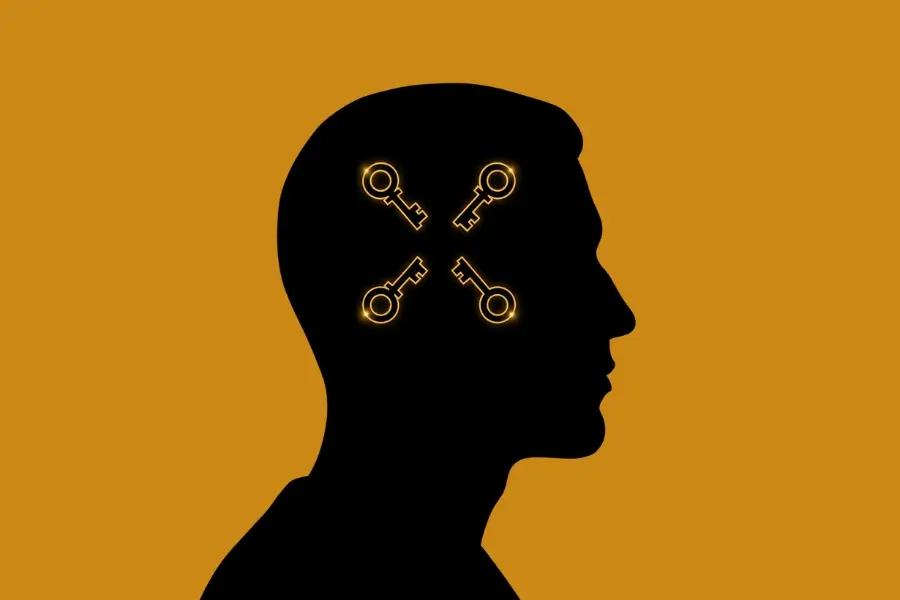Imagine this: your friend calls you out in front of a group for something they misunderstood. Your heart starts racing, your face gets hot, and you feel that familiar surge of anger building up. But instead of snapping back or walking away, you take a deep breath, pause, and respond with calm clarity.
That’s emotional regulation in action.
If you’ve ever wondered what it actually looks like to manage emotions effectively, you’re in the right place. Today, we’ll explore real-world examples of emotional regulation and help you recognize whether you’re already practicing it or if there’s room to grow.
What Is Emotional Regulation, Really?
Emotional regulation isn’t about becoming emotionless or suppressing how you feel. It’s about staying calm under pressure while still experiencing your emotions fully. Think of it as being the driver of your emotional car rather than a passenger along for the ride.
When you regulate your emotions, you’re essentially hitting the pause button between feeling something and reacting to it. This pause gives you the power to choose your response instead of letting your emotions choose for you.
How Emotional Self-Control Shows Up in Daily Life
Here’s what emotional regulation actually looks like in practice:
At Work: When a colleague takes credit for your idea, you feel frustrated but choose to address it privately later rather than calling them out in the meeting.
At Home: Your teenager breaks curfew again. Instead of yelling immediately, you take a moment to calm down and then have a measured conversation about consequences.
In Traffic: Someone cuts you off, and while you feel annoyed, you don’t honk aggressively or tailgate them. You might even remind yourself that they could be having an emergency.
During Conflict: When your partner brings up a sensitive topic, you notice yourself getting defensive but choose to listen first before responding.
The Difference Between Reacting and Responding
People who struggle with handling strong emotions tend to react immediately. Their feelings drive their actions without any filter. But when you’re managing emotions well, you respond thoughtfully.
Reacting looks like sending that angry email at 2 AM or saying something hurtful in the heat of the moment. Responding looks like sleeping on it, talking it through with a friend, or addressing the issue when you’re calmer.
This emotional balance doesn’t just feel better for you. It improves your relationships, makes you more effective at work, and helps you make better decisions overall. In fact, research shows that emotional intelligence often matters more than IQ for career success and life satisfaction.
Why Emotional Regulation Gets Easier With Practice
Here’s something encouraging: emotional regulation actually becomes more natural over time. Think of it like building a muscle. The first few times you try to manage emotions in a heated moment, it feels awkward and forced. You might still lose your cool sometimes, and that’s completely normal.
But each time you successfully pause before reacting, you’re strengthening your emotional self-control. Your brain starts to recognize those trigger moments faster, and calming your feelings becomes almost automatic. People who’ve been practicing emotional regulation for years often say they can’t imagine reacting the old way anymore because staying composed just feels better.
Signs You’re Developing Emotional Mastery
You know you’re getting better at controlling reactions when you:
- Notice your emotions without immediately acting on them
- Can calm yourself down within minutes instead of staying upset for hours
- Ask for time to think before making important decisions when you’re emotional
- Apologize quickly when you do lose your cool
- Feel proud of how you handled a difficult situation instead of regretting your response
Your Next Step Toward Better Emotional Balance
Start small today. The next time you feel a strong emotion bubbling up, try counting to five before you speak or act. It sounds simple, but this tiny pause is where calming your feelings begins.
Remember, emotional regulation is a skill that gets stronger with practice. Nobody masters it overnight, and even people who are great at it still have moments where they react instead of respond.
Want to dive deeper into building your emotional intelligence? Start with Understanding Emotional Intelligence: A Simple, Clear Definition to see how emotional regulation fits into the bigger picture.


